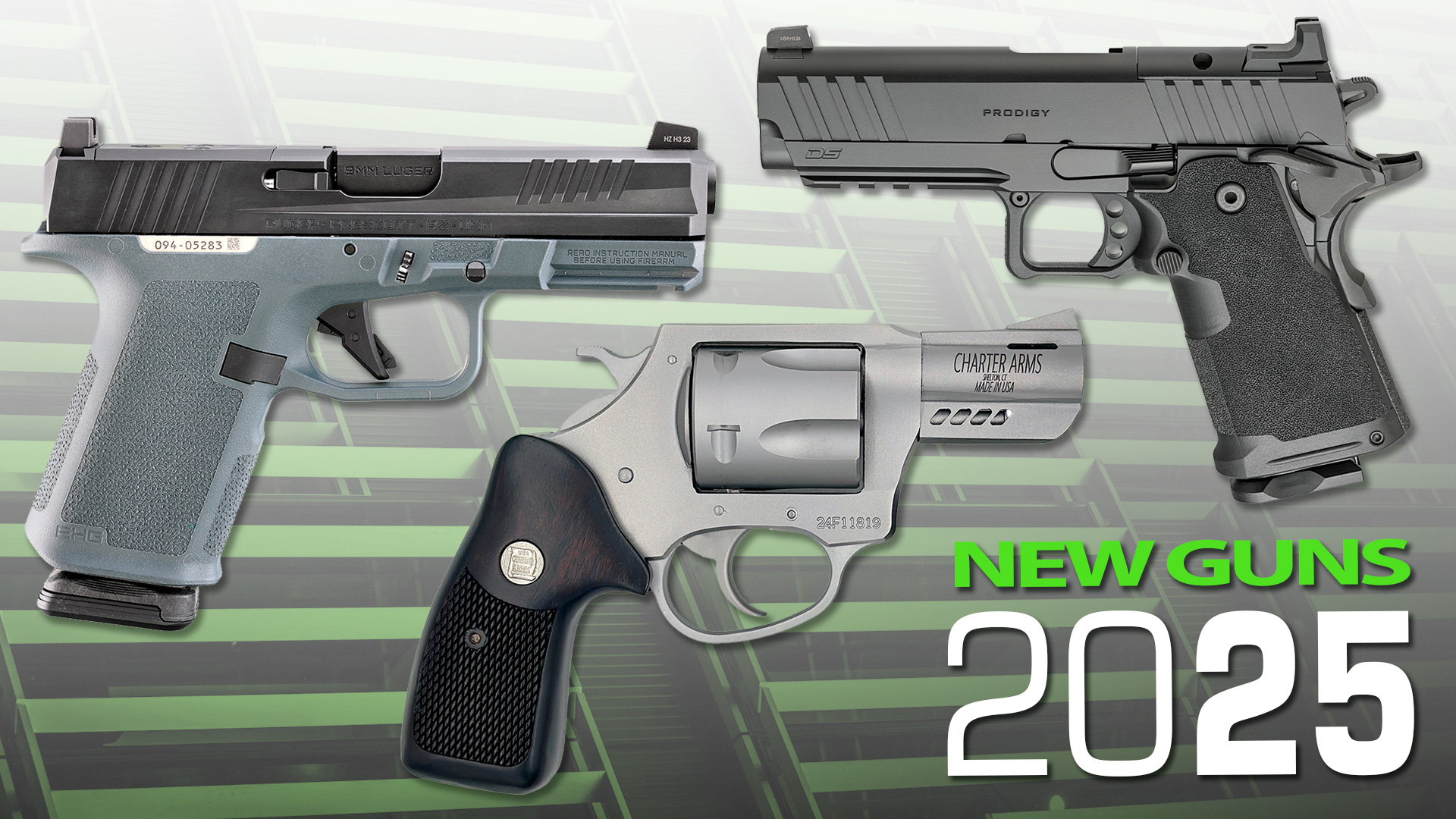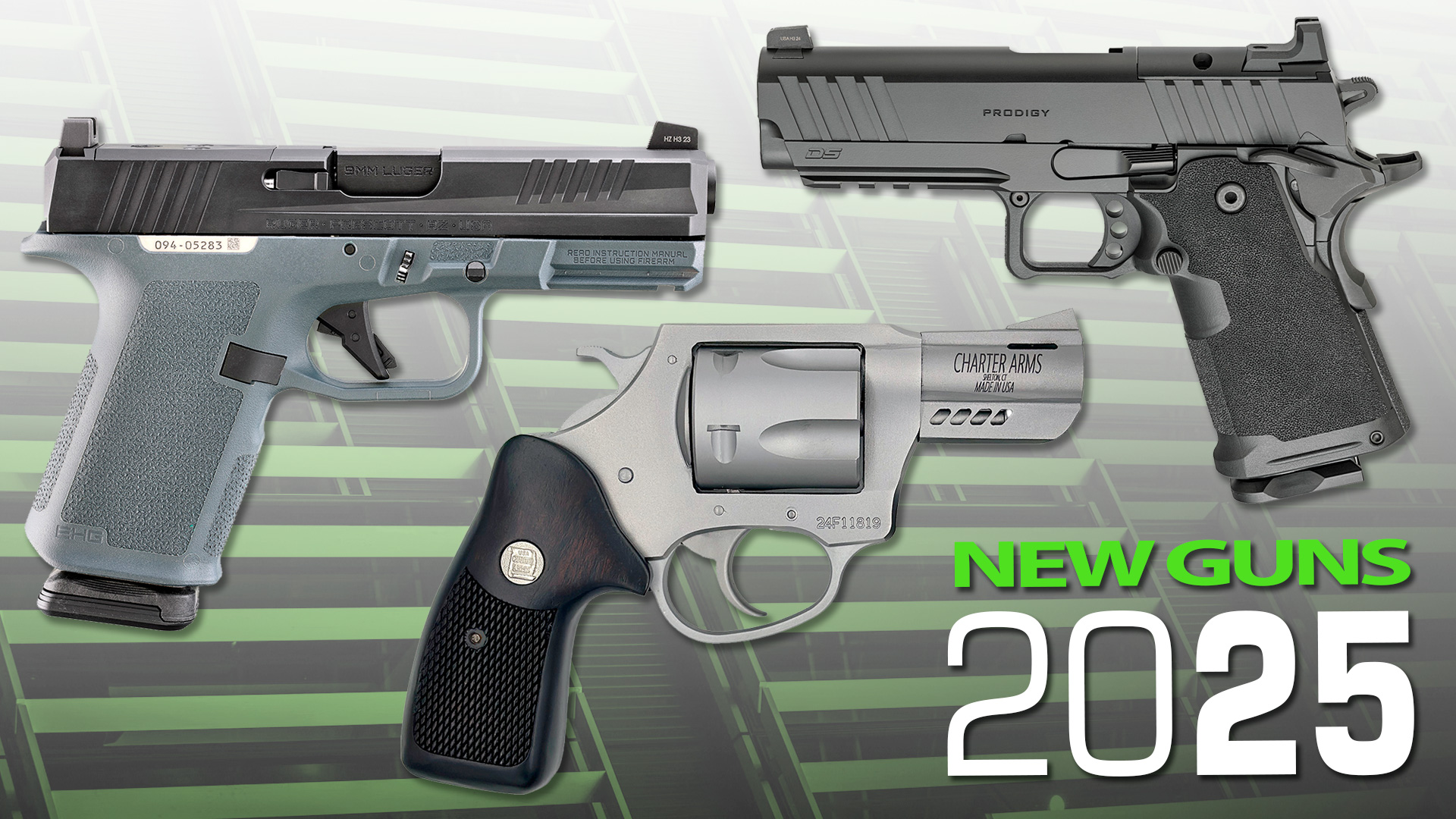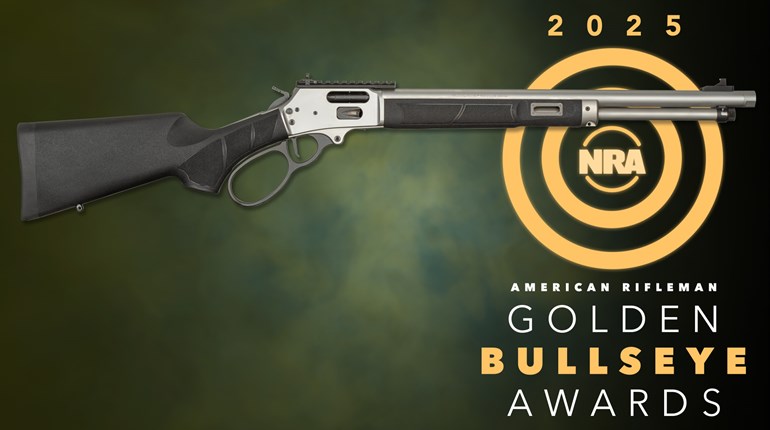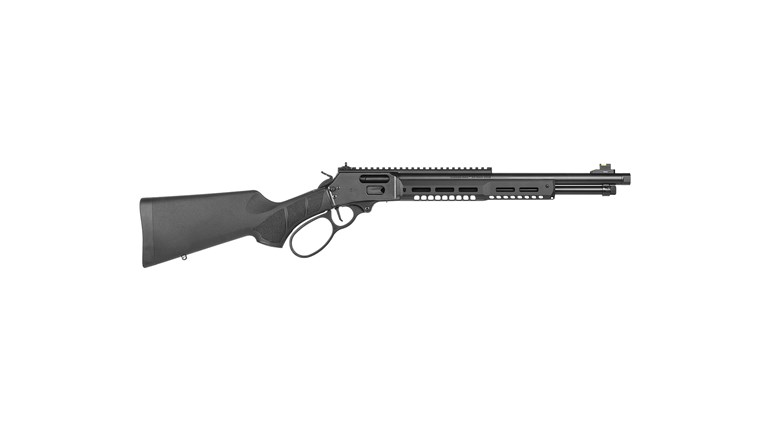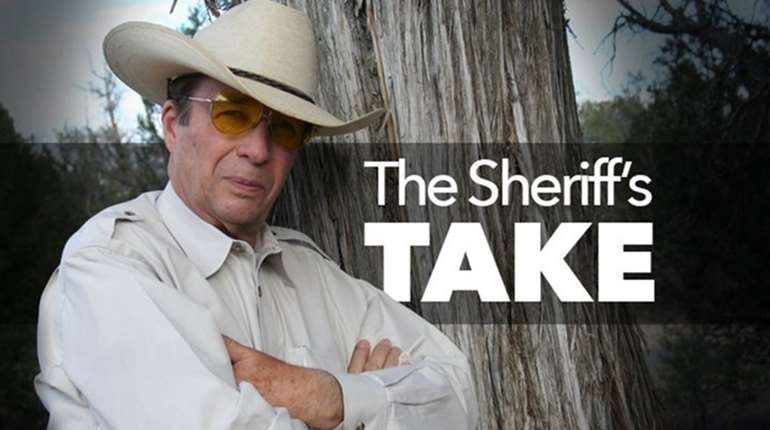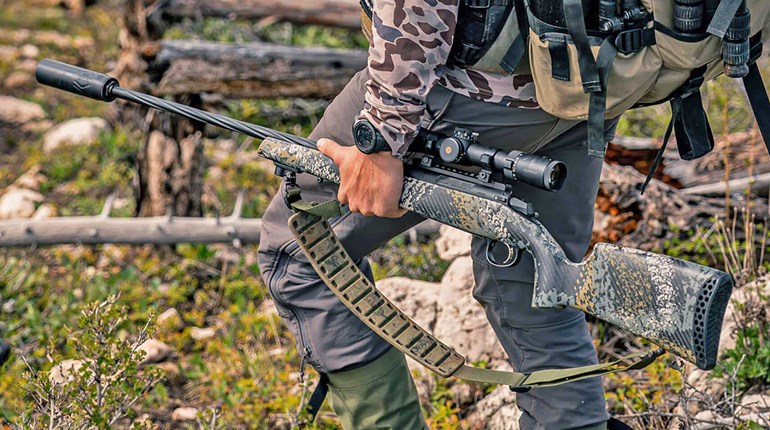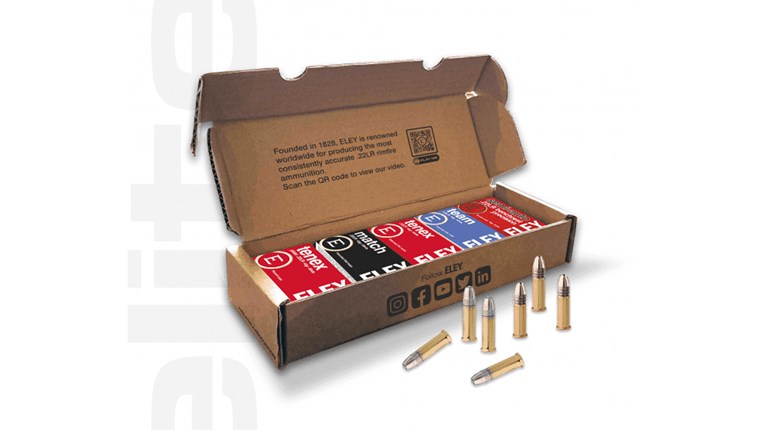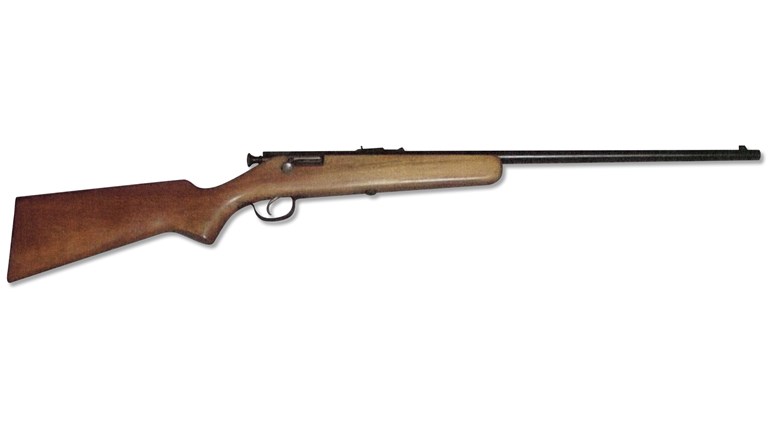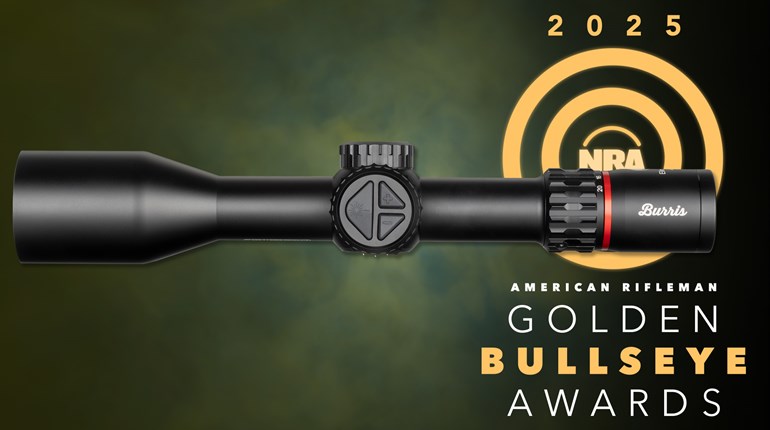
This article, "Yes, I Feel Lucky, Punk," appeared originally as a Handguns column in the April 2017 issue of Shooting Illustrated. To subscribe to Shooting Illustrated, visit the NRA membership page here and select Shooting Illustrated as your member magazine.
The .44 Mag. and its .44 Spl. forebear have deep roots in American shooting culture, stretching back through top-break antecedents in .44 Russian all the way back to antebellum black-powder Colt percussion revolvers. The .44 Spl. is exactly as old as Smith & Wesson’s big, N-frame revolvers, being the debut cartridge in the New Century revolver, known to collectors and Smith buffs as the “Triple Lock.”
The .44 Spl. became a platform for experimentation by handloaders and, as all good gun nerds know, through the lobbying efforts of Elmer Keith, the hot-rod .44 was subsequently introduced in Smith & Wesson’s Model 29 as a regular commercial cartridge with a longer case and the same “Magnum” nomenclature used on the medium-bore .357.
And these were great all-around cartridges. The .44 Spl. had ballistics that were very roughly equivalent to the .45 ACP round as found in the Government Model pistol, and was up to all the same chores. A fantastically accurate target round, a solid choice for personal defense and able to handle deer-size game in a pinch, it was the all-’round big-bore revolver cartridge for the first half of the 20th century.
It was, in many ways, supplanted by its own offspring, since a revolver chambered for .44 Mag. could do all the aforementioned .44 Spl. chores, plus chamber magnum rounds capable of taking pretty much any game on the North American continent. For years the .44 Mag. was a connoisseur’s cartridge, but when you’re the biggest kid on the block, word gets around.
It’s probably Dirty Harry’s fault. He’s the guy who got right up there on the movie screens of the nation and told everybody that the .44 Mag. was “the most powerful handgun in the world,” that it could blow heads clean off, and all manner of other hyperbole. Sales of the .44 Mag. skyrocketed, and probably not because there were suddenly a lot more revolver connoisseurs in the country who needed a big-game hunting revolver.
Smith was happy, because the Model 29 was suddenly back-ordered for a month of Sundays, and dealers were happy, because they could sell them to people who wanted “The Most Powerful Handgun” at a premium. This was the era of the legendary used .44 Mag. being sold with a box of ammunition containing all but six unfired cartridges. Eventually, boutique ammo manufacturers and handloaders concocted ever more fearsome .44 Mag. loads.
Meanwhile, .44 Spl. had seen something of a resurgence as a self-defense cartridge, thanks to a string of medium-frame five-shot revolvers that began with the Charter Arms Bulldog in the ’70s and continued through the turn of the millennium, culminating in some exotic titanium and aluminum offerings from Taurus and Smith & Wesson.
With these guns on the market, manufacturers released loads featuring 200-grain JHP bullets optimized for self-defense, giving fans of the CCW revolver an alternative to the ubiquitous medium-bore .38 Spl. and .357 Mag. As a friend pointed out, there’s something reassuring about cartridges that go tunk! instead of tink! when dropped into their chambers. I’ve had the rather novel Smith & Wesson 296 in .44 Spl. ever since then that I’ve used for purse carry in the past, and even carried in a belt holster when back pain left my normal pistol sidelined for a while.
The .44 renaissance seemed to stall a little bit in the early Aughts, but recent developments give me hope. Hornady started offering its Critical Defense load in a 165-grain .44 Spl. flavor, and now SIG Sauer has a 200-grain .44 Spl. V-Crown JHP.
This coincides nicely with Ruger announcing its 3-inch GP100 in .44 Spl. I got to try this five-shot revolver at a Ruger press event at FTW Ranch in Texas and came away pretty impressed. It’s not any secret that when cut, I bleed Smith & Wesson blue and white, but that’s the fourth double-action revolver offering from Ruger in the last few years that’s tempting me to stray from my Smith & Wesson loyalties.
The wildcard gun here is the L-frame Smith & Wesson Model 69 .44 Mag. It would also be a very handy gun when using .44 Spl. loads, but maybe with all the “Most Powerful Handgun” people off playing with .500 Mag. X-frames, someone will come up with a new-from-the-ground-up general-purpose .44 Mag. “Lite” load. With a modern bonded 240-grain JHP moving somewhere in the neighborhood of 1,100 fps, you’d think that something like that would do as a “woods” round without being uncontrollable in recoil. If sales stay strong on the medium-frame .44s, maybe it will happen.
